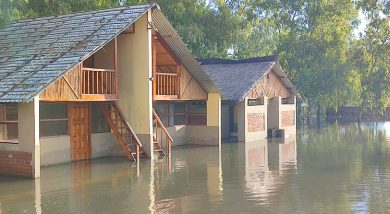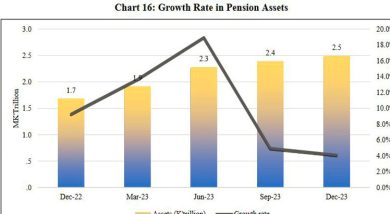Two firms to add 86mw by Dec 2019
Electricity Supply Corporation of Malawi (Escom) yesterday signed three Power Purchase Agreements (PPAs) with two Independent Power Producers (IPPs) that could add an additional 86 megawatts (MW) to the national power grid by December 2019.
The IPPs are Canada-based JCM Matswani Solar Limited, which will be producing 60MW and 20MW of solar power in Nanjoka, Salima and Golomoti in Dedza, respectively and Mulanje Hydro Limited, which will add 8MW of hydro power to the national grid.

The Salima and Dedza projects are expected to start in March 2019 and August 2019, respectively while the Mulanje project will roll out in December next year, a development that could lessen power woes that have affected industrial production.
These projects will be able to fit into the national power grid because of power infrastructure built under the $350.7 million (about K257 billion) energy compact from the United States of America government agency, Millennium Challenge Corporation (MCC), which has helped to modernise transmission and distribution infrastructure, whose projects will be finalised at the end of this month.
Speaking after signing the PPAs, Escom board chairperson Thom Mpinganjira, who is also group chief executive officer of FDH Financial Holdings Limited, cautioned that the agreements do not guarantee an immediate end to the current power supply problem, but a step towards ending the problem.
He said: “This is the start for the journey we have promised the nation. We said that very soon the country will start implementing measures to make sure we end the electricity supply problem once and for all.
“This, however, is a long process and as we have said before, it is not until 2022 when we are going to eliminate load shedding, but then the process has just started now.”
Currently, the generation capacity by Electricity Generation Company (Egenco) hovers between 230MW and 250MW of which 71MW is produced from diesel-powered generators.
However, demand for electricity in the country continues to grow rapidly owing to population growth and the development of various projects in the construction, mining and manufacturing sectors.
Escom has been facing power supply challenges because of reduced water levels in Shire River, the main source of hydro power generation in the country.
But Mpinganjira said the country is on the right track to meeting the growing demand, saying from 2022 going forward, the country’s generation capacity will meet the demand.
“Right now, we are load shedding about 50MW and if we assume that demand for power is constant, then by next year we should be above the demand,” he said.
JCM Matswani Solar Limited country director Peter Grey said the company brings change in the country’s power sector, adding that construction of the plants will take between seven and eight months from now.
“We are excited to be part of the change in Malawi’s power sector by bringing more power to ease the current power shortages experienced in the country,” he said.
JCM Malawi has invested $80 million (about K59 billion) for the Salima site and $50 million (K37 billion) for the Dedza site while Mulanje Hydro Limited has put in about $14 million (about K10 billion) for Mulanje project.





